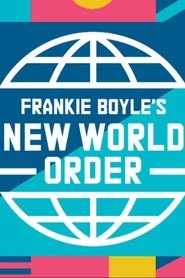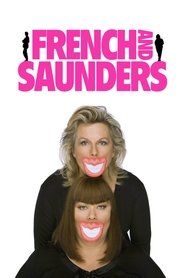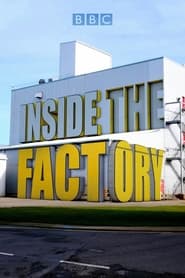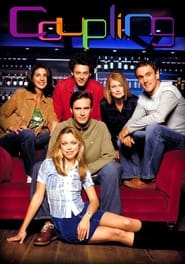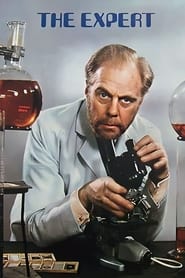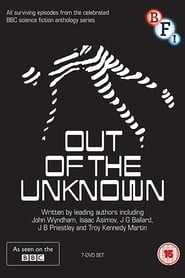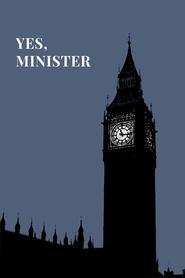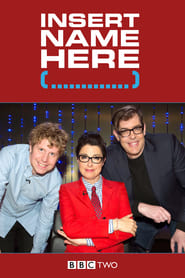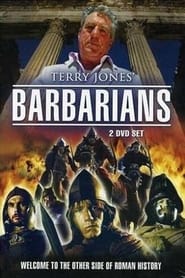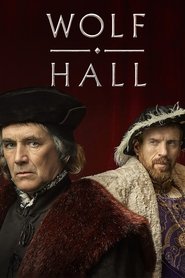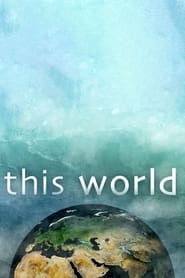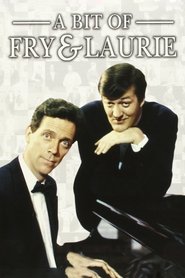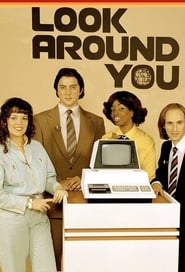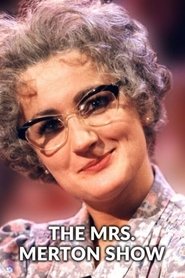Bbc Two TV Series - Page 6
-
Frankie Boyle's New World Order
2017
star 6.5In an attempt to make sense of the bewildering world we live in, Frankie Boyle dissects the week's news using stand-up, review, discussion and audience interaction. -
French & Saunders
1987
star 7.5French and Saunders is a British sketch comedy television series written by and starring comic duo Dawn French and Jennifer Saunders. It is also the name by which the performers are known on the occasions when they appear elsewhere as a double act. -
Inside the Factory
2015
star 7.8Paddy McGuinness and Cherry Healey get exclusive access to some of the largest factories in Britain to reveal the secrets behind production on an epic scale. -
Coupling
2000
star 7.9Six friends in their thirties navigate dating, sexual adventures, and mishaps on their quest to find love. -
Top of the Pops Reloaded
2005
Top of the Pops: Reloaded is a weekly children's music show broadcast as part of the Saturday morning CBBC schedule on BBC Two. It was based on the show, Top Of The Pops, following on from its predecessor Top of the Pops Saturday. It was shown on BBC Two at 11am on Saturdays and repeated at 6pm on the CBBC Channel on Sunday. Presenters included Fearne Cotton, Sam Nixon and Mark Rhodes. The show also regularly featured Radio 1 DJs JK & Joel. From episode twelve onwards, a new feature was introduced where digital viewers could press their red button to access a different choice of music. Richard Oliff was the first ever 'Dad-Dancer' to be featured on the show, performing to Mylo's Doctor Pressure. -
The Great British Bake Off: An Extra Slice
2014
star 5.2Jo Brand is joined by three different celebrity Bake Off fans to shine a spotlight on the good, the bad and the soggy bottomed from the most recent episode. -
All Over The Shop
2008
All Over The Shop
2008
Business guru Geoff Burch is on a mission to improve Britain's small shops by teaching them how to turn a profit and please their customers -
The Expert
1968
star 9.5The Expert is a British television series produced by the BBC between 1968 and 1976. The series starred Marius Goring as Dr. John Hardy, a pathologist working for the Home Office and was essentially a police procedural drama, with Hardy bringing his forensic knowledge to solve various cases. The Expert was created and produced by Gerard Glaister. The series was also one of the first BBC dramas to be made in colour, and throughout its four series had numerous high quality guest appearances by actors such as John Carson, Peter Copley, Rachel Kempson, Peter Vaughan, Clive Swift, Geoffrey Palmer, Peter Barkworth, Jean Marsh, Ray Brooks, George Sewell, Anthony Valentine, Bernard Lee, Lee Montague, Geoffrey Bayldon, Mike Pratt, Edward Fox, André Morell, Brian Blessed, Nigel Stock, Philip Madoc and Warren Clarke. -
Out of the Unknown
1965
star 7Out of the Unknown is a British television science fiction anthology drama series, produced by the BBC and broadcast on BBC2 in four series between 1965 and 1971. Each episode was a dramatisation of a science fiction short story. Some were written directly for the series, but most were adaptations of already published stories. The first three years were exclusively science fiction, but that genre was abandoned in the final year in favour of horror/fantasy stories. A number of episodes were wiped during the early 1970s, as was standard procedure at the time. A large number of episodes are still missing but some do turn up from time to time; for instance, Level Seven from series two, originally broadcast on 27 October 1966 was returned to the BBC from the archives of a European broadcaster in January 2006. -
The Staggering Stories of Ferdinand de Bargos
1989
star 6What happens when you take archived BBC footage and put it in the hands of several comedians? They dub over the original sound in a humorous way and create The Staggering Stories of Ferdinand de Bargos. Surreal comedy series using clips from various films and people with voice-overs added to make a story. -
Yes Minister
1980
star 8.3Satirical sitcom set in the office of a UK Cabinet minister, Jim Hacker MP, who struggles with Civil Service bureaucracy and political machinations as he tries to get on with government business. -
Insert Name Here
2016
star 6.7Comedy panel show about people with the same first name, hosted by Sue Perkins. -
Terry Jones' Barbarians
2006
star 8.7Terry Jones' Barbarians is a 4-part TV documentary series first broadcast on BBC 2 in 2006. It was written and presented by Terry Jones, and it challenges the received Roman and Roman Catholic notion of the barbarian. Professor Barry Cunliffe of the University of Oxford acted as consultant for the series. -
Talking Pictures
2013
star 5A look back at television appearances by legends of the silver screen, using archive footage to tell the story of their lives and careers. -
Wolf Hall
2015
star 7.5England in the 1520s is a heartbeat from disaster. If the King dies without a male heir, the country could be destroyed by civil war. Henry VIII wants to annul his marriage of twenty years and marry Anne Boleyn. The Pope and most of Europe oppose him. Into this impasse steps Thomas Cromwell: a wholly original man, a charmer, and a bully, both idealist and opportunist, astute in reading people, and implacable in his ambition. But Henry is volatile: one day tender, one day murderous. Cromwell helps him break the opposition, but what will be the price of his triumph? -
This World
2004
star 6The series is mainly focused on social issues and current affairs stories around the world. International current affairs documentaries, replacing "Correspondent". -
A Bit of Fry & Laurie
1989
star 7.9A British comedy television series with turns of phrase and elaborate wordplay, written by and starring former Cambridge Footlights members Stephen Fry and Hugh Laurie. -
Look Around You
2002
star 8.1LOOK AROUND YOU. Look around you. Just look around you. What do you see? A tree. A weather-vane. A discarded lollipop-wrapper. A traffic shop. All of these things, and any other things you may care to mention, have one thing in common. Can you work out what it is? -
To Me... To You...
1996
star 4To Me... To You... is a children's game show presented by Paul and Barry Elliott, better known as the Chuckle Brothers. It ran for 3 series including 2 Christmas specials, from 21 June 1996 to 25 December 1998, and was shown on BBC1. The show was set on a desert island. The contestants were children and were in teams of two. The contestants won prizes and coconuts and whoever had the most coconuts at the end of the show won the game. There were tasks such as the Chuckle Challenge and the Chuckle Chuck, where contestants would throw custard pies at Paul and Barry and if they failed to hit both of them three times in a minute, then the contestants would have custard pies put in their faces. Each episode would also have a celebrity guest, someone who was famous for being on TV at the time, such as Richard McCourt, Dave Benson-Phillips, Michaela Strachan and Mr. Blobby. -
The Mrs Merton Show
1995
star 6.4The Mrs Merton Show is a mock chat show starring Caroline Aherne as the elderly host Mrs Merton. It ran from 10 February 1995 to 2 April 1998 and was produced by Granada Television and aired on the BBC. The writers included Aherne, Craig Cash, Dave Gorman and Henry Normal. Prior to TV success, Aherne's Mrs Merton character appeared on Frank Sidebottom's album "5/9/88", then made her TV debut on the 1991 Channel 4 gameshow Remote Control, hosted by Anthony H Wilson. The chat show was followed up by a sitcom, Mrs Merton and Malcolm, based on Mrs Merton and her son Malcolm, who was played by Craig Cash.
